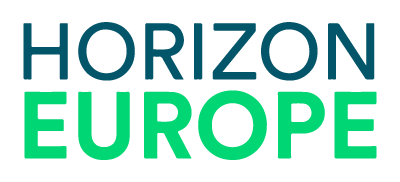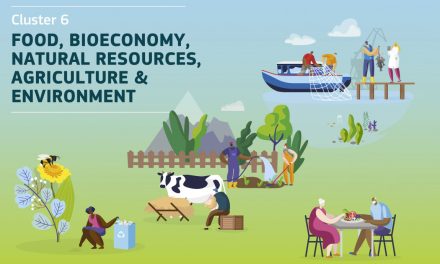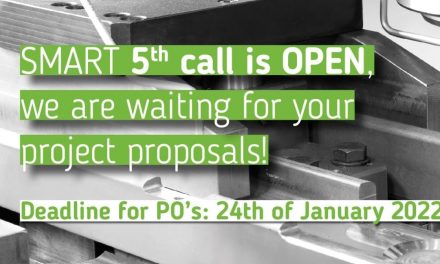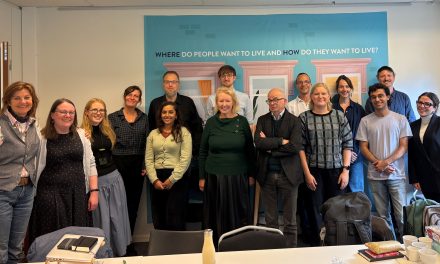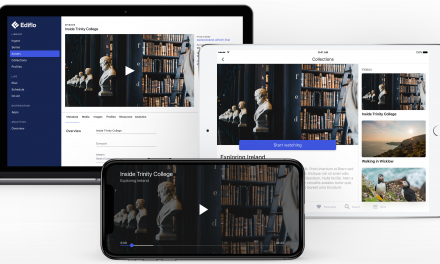“Taking part in a Horizon 2020 project is a good way to progress not only as a researcher but also personally in terms of management skills. I’ve found the whole experience to be very enriching.” Dr Carlos Ochoa, Co-ordinator of the MiniStor Horizon 2020 project
Overview:
Tyndall National Institute in Cork is leading an international consortium that is developing an advanced, compact, integrated solar-powered system that stores heat in a novel way. The project is being significantly funded by the European Union’s Horizon 2020 research and innovation programme. The project is on course to achieve its first milestone of completing a preliminary design by July 2020.
MiniStor case study
If two heads are better than one then it goes without saying that multiple research centres, universities and specialist companies working together can achieve more than one. That’s the philosophy that underpins the Horizon 2020 programme. The European Union’s research and innovation instrument has an €80 billion funding pot and is supporting consortia across Europe to transition great ideas from the laboratory to the market.
One of those great ideas is the MiniStor project, the brainchild of Dr Carlos Ochoa of the International Energy Research Centre, which is based at Tyndall National Institute in University College Cork in partnership with Cork City Council.
“In basic terms the MiniStor project is about storing heat from the sun to use later. The heat is captured via renewable energy sources such as solar panels and then stored in special salts, making it much more energy efficient than water-based systems,” explains Ochoa.
The project aims to significantly decrease energy consumption in residential buildings, reducing their overall environmental impact.
Building the team
“When I read the Horizon 2020 call for technologies enabling energy-efficient systems and energy-efficient buildings, I made a preliminary sketch of my idea and then we considered what the scope of the project would be and started looking for scientific partners who could help us make the idea a reality,” says Ochoa.
“We needed particular expertise so we began contacting people via websites and LinkedIn to get them interested in the idea. We got help from Enterprise Ireland and the Tyndall European Office to find and contact some key partners.
“In the end we found 17 other institutions across eight countries who were interested in working with us. Then we were ready to respond to the competitive call.”
Applying for Horizon 2020 support
The process of applying for Horizon 2020 support is sometimes perceived as being complex and onerous but, as Dr Ochoa explains, there is plenty of help available.
“It’s true that preparing the application is very time intensive but there are support services available. Nationally, Enterprise Ireland leads the Horizon 2020 support network and their support was excellent in terms of reviewing the main idea to determine if it had some potential; that’s like a reality check. They were also able to give advice on what’s required in the application documentation,” says Ochoa. “I also had a lot of support from within the Tyndall National Institute.”
The application was a success and the project received funding of over €7.5 million, some 87% of its total budget.
“Without Horizon 2020 support this project could not have gone ahead. We may have been able to do something at a much smaller scale but we wouldn’t have had access to the same amount of expertise,” says Ochoa.
The experience so far
Ochoa has been a participant in Horizon 2020 projects before but this is his first time as co-ordinator.
“Being the co-ordinator for an international project that has so many participants can be challenging because everyone has their own working style and their particular corporate culture so you have to balance the needs of the partners with the needs of the project. So far it has been working well and we’ve been able to iron out any small issues that have arisen,” says Ochoa.
Now six months into the project the team are closing in on achieving their first milestone – the preliminary design for the MiniStor system.
“It’s not a trivial achievement because all these components have not been combined before.”
Unfortunately the advent of the Covid-19 crisis and ensuing lockdown has impacted on the project. “We have slight delays because we have some demonstration sites, which are actual homes in different countries around Europe. The restrictions are preventing us from entering the houses to do monitoring. So that’s pushing back the timeline for a few months,” says Ochoa.
Advice to others
Dr Ochoa is keen to encourage other researchers to apply to Horizon 2020 or its successor Horizon Europe (2021–2027), an ambitious funding programme that will be larger than Horizon 2020 and will begin to roll out next year.
“It’s a good way to progress not only as a researcher but also personally in terms of management skills, which are required if you are aiming for more senior positions. I’ve found the whole experience to be very enriching. Of course it takes a lot of time and effort but it pays off,” says Ochoa.
“My experience of interacting with Enterprise Ireland has been very positive. If you have a question about Horizon 2020 or Horizon Europe they know very well what’s going on and can provide advice, and they are also very ready to give us talks explaining the scope and opportunities presented by EU programmes.”
